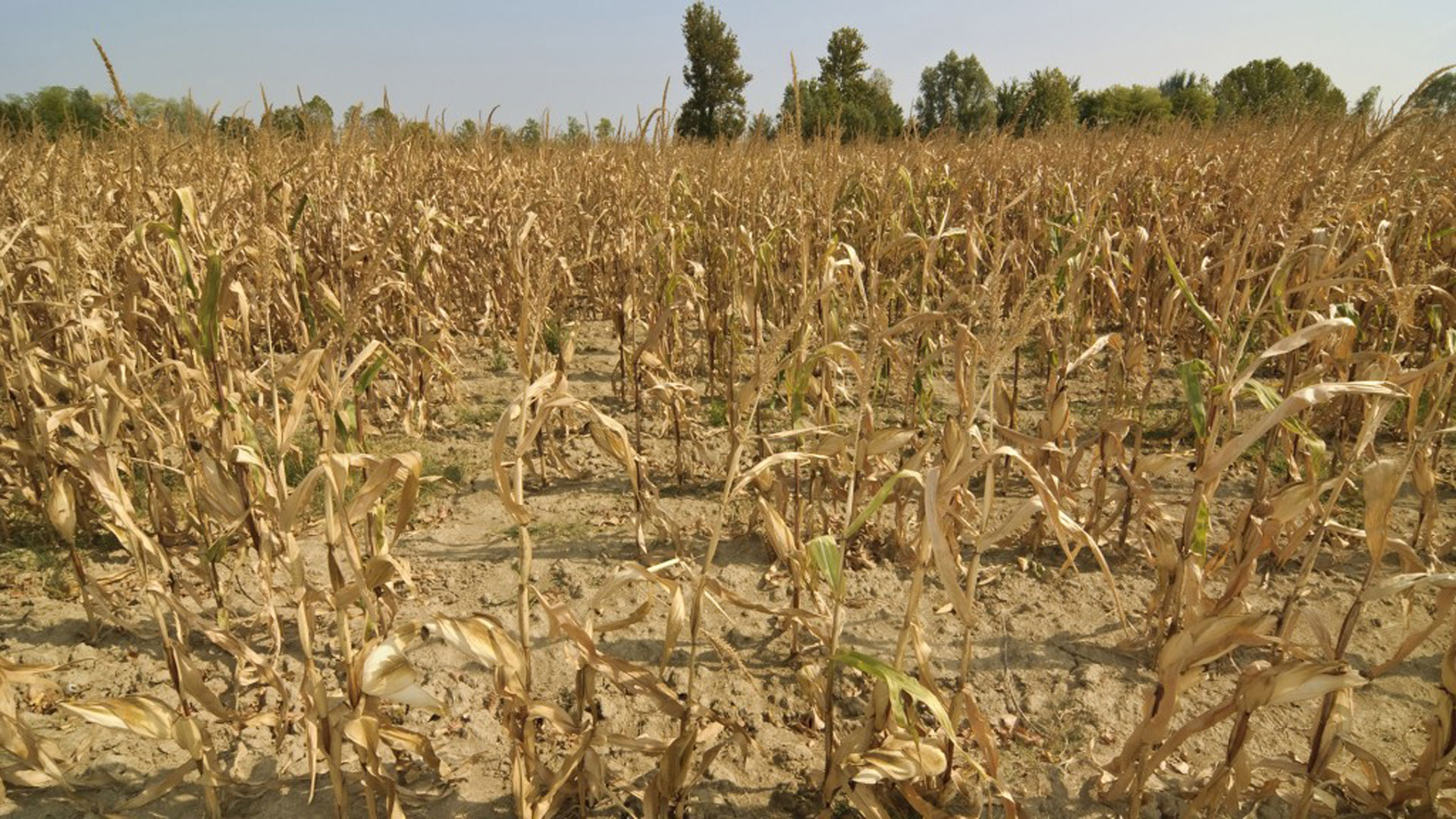RIO DE JANEIRO, BRAZIL – The drought that is affecting soybeans and corn in the horticultural belt of Argentina‘s pampas will reduce the nation’s gross domestic product by US$4.8 billion this year, according to one of the first analyses of the economic impact of the lack of water.
The estimate, made by the Rosario Stock Exchange, means that Argentina would lose 1% of GDP, as less income for farmers translates into “less freight, less financial and intermediary services, and less consumption.” A December survey of central bank economists conducted before the drought took full hold in the pampas projected the economy would grow by 2.9% in 2022.
The blow to growth comes as Argentina is negotiating a new program with the International Monetary Fund to reschedule US$40 billion in payments owed to the entity. Economic growth and the pace of fiscal deficit reduction have emerged as critical disagreements between the IMF and Argentina.

Crops still have weeks to grow and, with the La Niña-induced drought expected to last until March, crop forecasts may continue to fall, deepening the broader economic damage. However, rain has fallen in recent days, improving prospects in some areas.
Net soybean and corn exports would now reach $2.7 billion less than Rosario forecast in September, a figure that will be closely watched by the nation, which needs crop export dollars to protect the peso. Argentina’s most valuable export crop, Soybeans, is harvested during the second quarter.

